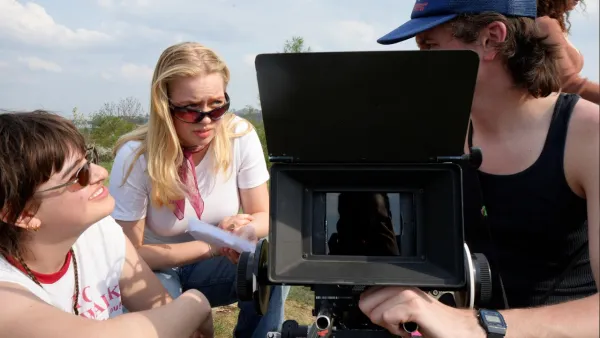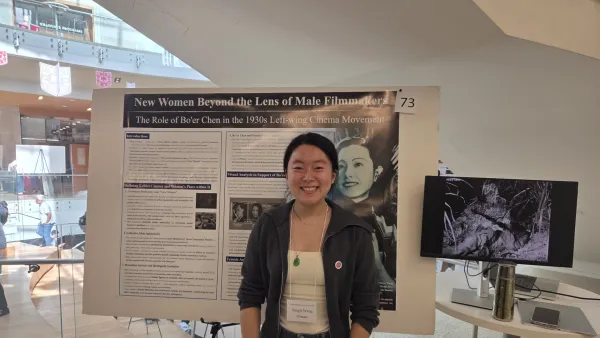In her new book, Powers of the Real: Cinema, Gender, and Emotion in Interwar Japan (Harvard University Asia Center, 2019), Diane Wei Lewis examines the rise of mass media in Japan after the 1923 Great Kanto Earthquake, a catastrophic event that heightened the stakes for thinking about cinema's ability to move and persuade audiences. Emphasizing the importance of popular discourse to the history of film theory, Lewis focuses on the use of gendered tropes in post-earthquake debates about film and commercial culture. She explores the centrality of ideas about female spectatorship to popular understandings of cinematic realism in a period when cinema and consumerism were imagined to exert special influence over women. Her research shows how special attention to questions of gender helps us better understand the cultural politics of film realism in modernizing Japan
Available in hardcover and paperback November 19.




